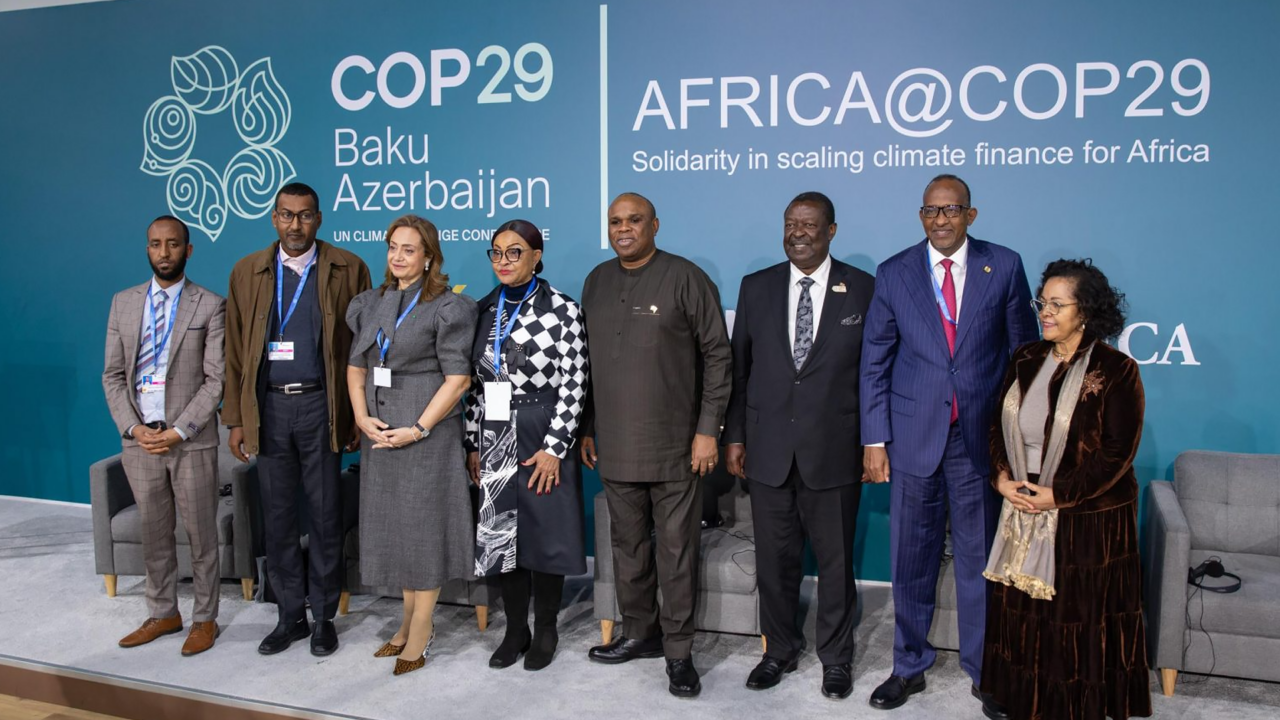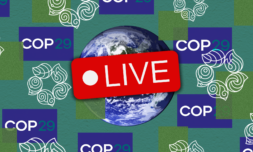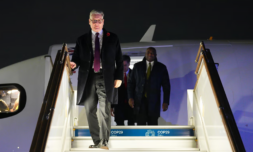The just concluded COP29 in Baku, Azerbaijan, once again left Africa grappling with unfulfilled commitments from previous summits.
Baku’s COP29 brought together close to 200 countries, highlighting the Global South’s critical need for financial support, technology transfer, and capacity building to adapt to escalating climate challenges.
Nevertheless, major promises made at previous COPs have remained grossly unmet, intensifying Africa’s vulnerabilities to climate impacts despite being the smallest emitter – 3% according to the UNFCCC.
During the intense negotiations, the vocal African Group of Negotiators (AGN) emphasized the necessity of $1.3 trillion annually from 2025 to 2030 to address adaptation, mitigation, and loss and damage. This figure dwarfs the $100 billion annual climate finance goal set over a decade ago, a target that developed nations have yet to fully honor.
In a statement, the PanAfrican Climate Justice Alliance (PACJA) stressed that the funding Africa needs is a fundamental requirement outlined in the Paris Agreement to support those most affected by climate change.
However, on the last day, discussions around the modalities for funding settled at tripling finance to developing countries, from the previous $100 billion annually, to $300 billion annually by 2035. This was met with criticism as developing nations labelled it ‘insulting’.
Similarly, progress on the operationalization of the Loss and Damage Fund has been slow since its COP27 establishment. African nations reiterated the urgent need for this fund to address climate-induced disasters such as recent floods, droughts, and heatwaves.
However, securing sufficient contributions from developed countries faces reticence from within, undermining efforts to create a robust mechanism for compensating vulnerable nations.
The conference also drew criticism for its many contradictions. Azerbaijan’s reliance on fossil fuels emphasized the challenges of hosting global climate discussions in a nation among the leading in carbon-intensive industries.
African climate activists, together with other activists, voiced frustrations over the presence of 1,700 fossil fuel lobbyists at the event, which they perceived as a barrier to achieving ambitious climate goals.
The failure to meet financial and technological commitments has profound implications for the continent. Without enough support, Africa remains ill-equipped to implement Nationally Determined Contributions (NDCs) or pursue mitigation strategies.
Climate experts warn that climate impacts could cost African economies up to $50 billion annually by 2050. Moreover, the slow pace of progress at global summits threatens the realization of initiatives like the Great Green Wall, which aims to combat desertification across Africa’s Sahel region.
African leaders left COP29 with a familiar sense of frustration, having urged major emitters to honor their own commitments. The conference outlined the need for a just transition, prioritising financial flows to the Global South and ensuring the integration of health and other socio-economic factors into climate policies.
Again, the outcome of COP reflects the ongoing struggle for climate justice. For Africa, the path to resilience lies in sustained advocacy and international solidarity, as the stakes of inaction continue to rise.
Will this depressing trend roll on to the next COP – if it even goes ahead?

















